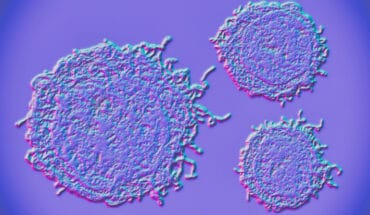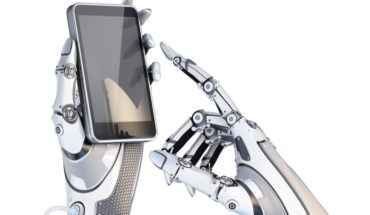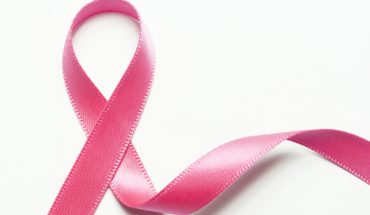Dr Julian Abel is speaking at the annual Marie Curie Palliative Care Research conference held in partnership with the Royal Society of Medicine which takes place today in London.
Have you ever looked after someone who has died? And if so, what do you think was the most important thing to him or her? In the vast majority of cases, people will answer that question with ‘being with family members and loved ones.’ The fact is that when we are dying, we want to be supported by a tight-knit group of 4-6 people usually in a familiar place. That is our inner network.
The fact is that when we are dying, we want to be supported by a tight-knit group of 4-6 people usually in a familiar place. That is our inner network.
And beyond that inner circle there can be up to 50 people who support the carers in the centre, without intruding on the privacy of the dying person.
This is a natural pattern and it works very well. It means that the entire supportive network can become more resilient by everyone playing their part. The dying person benefits and the carers at the heart of the end-of-life drama benefit too. Carers have their own lives to get on with and this can continue if the burden is shared.
Our job as clinicians is to make sure that this network is working and to offer support when needed to get the networks established and working properly. Of course, professional care is essential but it is not central when someone is dying. Network enhancement is of primary importance. We can have a tremendous impact on the last part of someone’s life, as well as helping the carers, by interacting positively with the network.
It may be that someone has lived alone for quite a while and has no family members. In this case, they are more likely to spend the last few weeks of their lives in a care home or hospice rather than at home. But even here, close networks can be life-changing. The period before death is not just about dying. Our single most important aim should be to allow people to make the most of the time they have left.
The period before death is not just about dying. Our single most important aim should be to allow people to make the most of the time they have left.
We should be asking how we can build and nurture supportive networks on a civic scale as well. There are already multiple networks in our communities. In Frome in Somerset, the local GP surgery with 30,000 patients, has spent the last three years mapping out 400 groups that already exist, and where there are holes, they are filling the gaps. So they have helped the community to start a variety of groups, including a ‘talking cafe’ where people can go on a Monday morning to have a chat and a natter.
People who participate and assist as someone is dying get a huge amount out of the experience themselves. People on the receiving end of tender care are completely touched. If it is managed well, even in the context of the pain and loss of separation, it can be a life-enhancing experience for all involved.
- Palliative care – carers and supportive networks - 5th October 2017






